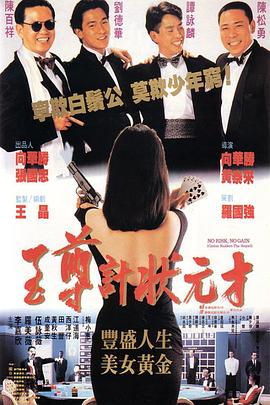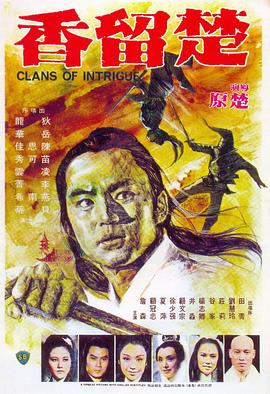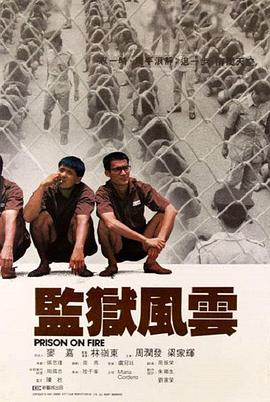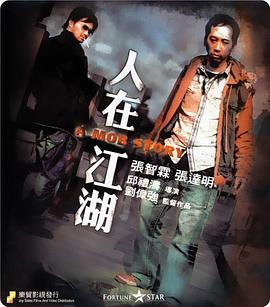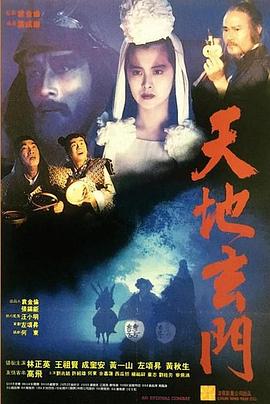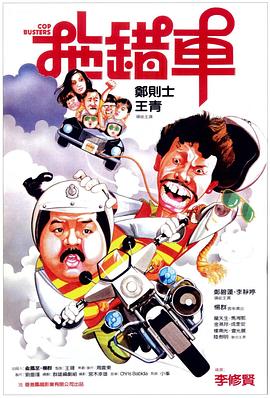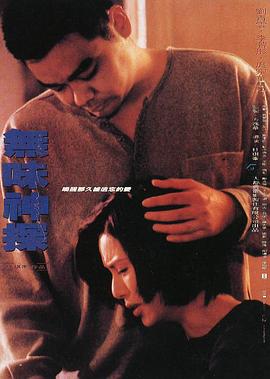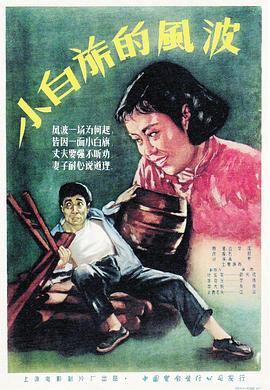沒有和解
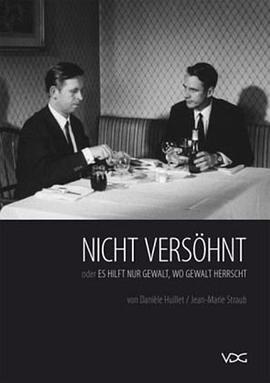
讓-馬里·斯特勞布,達尼埃爾·于伊耶
Heinrich,Hargesheimer,Carlheinz,Hargesheimer,Martha,Staendner,達尼埃爾·于伊耶,Henning,Harmssen,Ulrich,Hopmann,Joachim,Weiler,Eva-Maria,Bold,Hiltraud,Wegener,Ulrich,von,Thüna,Ernst,Kutzinski,Karl,Bodenschatz,Heiner,Braun,Georg,Zander,Lutz,Grubnau,若阿內斯·巴爾斯基,保羅·埃塞爾
1965
其它
已完結
其它
詳情介紹
本片(劇)是一部其它制片作品的劇情,于1965年上映。對白語言為其它,目前豆瓣評分0.0(僅供參考)。
The subtitle of Jean-Marie Straub and Danièle Huillet’s first feature, from 1965, “Only Violence Helps Where Violence Reigns,” suggests the fierce political program evoked by their rigorous aesthetic. The pretext of the film, set in Cologne, is Heinrich B?ll’s novel “Billiards at Half Past Nine,” which they strip down to a handful of stark events and film with a confrontational angularity akin to Bartók’s music that adorns the soundtrack. The subtlest of cues accompany the story’s complex flashbacks. The middle-aged Robert F?hmel tells a young hotel bellhop of persecutions under the Third Reich; his elderly father, Heinrich, an architect famed for a local abbey, recalls the militarism of the First World War, when his wife, Johanna, incurred trouble for insulting the Kaiser. A third-generation F?hmel is considering architecture, just as the exiled brother of Robert’s late wife, returns, only to be met by their former torturer, now a West German official taking part in a celebratory parade of war veterans. Straub and Huillet make the layers of history live in the present tense, which they judge severely. The tamped-down acting and the spare, tense visual rhetoric suggest a state of moral crisis as well as the response—as much in style as in substance—that it demands.

